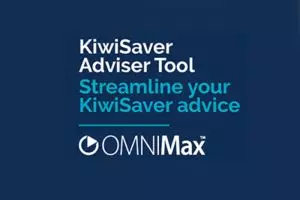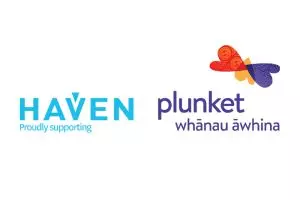3 min read
2 min read
GoodReturns TV
Watch: Fisher Funds moves to woo advisers back
After years of neglecting the adviser market, the investment manager is going on the charm offensive.
Last Episodes
3 min read
3 min read
2 min read
4 min read
Events
Mar 10
Tuesday
Meet The Managers Roadshow
Wellington Club
Wellington CBD
Mar 11
Wednesday
Meet the Managers Roadshow
Te Pae Christchurch Convention Centre
Christchurch CBD
Mar 12
Thursday
Meet the Managers Roadhow
Martime Room
Viaduct Harbour
Auckland CBD
News Bites
Insurance Briefs
1 min read
1 min read
1 min read
1 min read
1 min read
1 min read
2 min read
Most commented
Last comments

Subscribe now
Weekly wrap
 PREMIUM
PREMIUM
Get a premium subscription
Enjoy unlimited access to all of Good Returns by$0.99per week


![[OPINION] Tax Efficiency vs. Real Returns: Are you being penny wise and pound foolish?](https://goodreturns.publit.io/file/c_fill,w_300,h_200/eb495911-87ec-46c6-9a16-6eeb5c81e7fb-9.webp)













![[GRTV] Turning FMA visits into opportunities: Head of client engagement at Insurance people shares insights from her experience](https://goodreturns.publit.io/file/c_fill,w_300,h_200/2326a10f-ec0e-4283-8be8-4cf2891bad51.webp)
![[GRTV] Antipodes portfolio manager discusses emerging markets fund's potential amid volatility](https://goodreturns.publit.io/file/c_fill,w_300,h_200/f334fa41-3f03-494a-bd27-d08ecd6841c1.webp)













On a slightly different matter. A friend of mine owned a business and made enough to afford to purchase a property (office cum warehouse) for his business. I asked why don't he buy instead of rent? He said his accountant told him to rent, don't buy, to reduce his tax. He heeded his accountant's advice. 30 years later, he retired, his cash savings was nowhere near the value of the property he didn't buy. Had he purchased the property, at least he has two options - rent out the property for his retirement income or sell it and realise the capital gain (no tax) which far exceeds the tax savings during his business trading years. Penny wise pound foolish, eh?
Great article and points made, Andy. I had to explain recently and demonstrate these very points to a very senior professional trustee. I was instructed by the trustee to "make the portfolio tax efficient." I guess, from a CA point of view, that made sense to her. As luck would have it, the newly appointed CA completing the accounts didn't quite see it that way and agreed with my advice and your article.
Remember that New Zealand did not have bodies overwhelming morgues in the midst of the pandemic so we didn't see a spike in deaths - unlike a lot of other countries. Hence no panic to get cover.